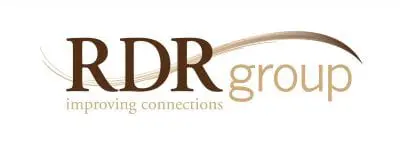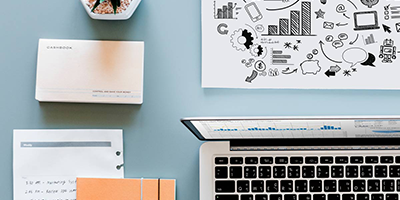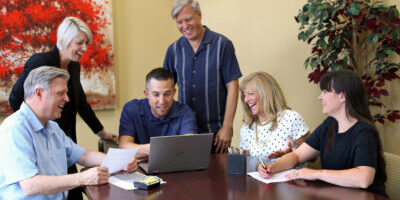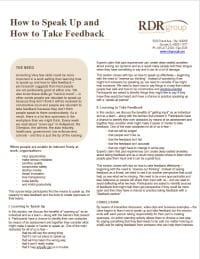Speaking Up and Taking Feedback are skills and they go “hand-in-hand” – in other words people are reluctant to speak up because they don’t think it will be received as constructive input and people are reluctant to take feedback because they don’t think people speak to them constructively. As a result, there is a lot less openness in the workplace than we might think but this course equips leaders and teams to reverse that situation.
VIDEO SAMPLE

VIDEO SAMPLE



Speaking Up and Taking Feedback are skills and they go “hand-in-hand” – in other words people are reluctant to speak up because they don’t think it will be received as constructive input and people are reluctant to take feedback because they don’t think people speak to them constructively. As a result, there is a lot less openness in the workplace than we might think but this course equips leaders and teams to reverse that situation.
KEY TAKEAWAYS
A clearer understanding of the benefits of speaking up at work.
Participate in an assessment identifying barriers to speaking up.
Strategies and tips for learning how to speak up more effectively.
A clearer understanding of the benefits of taking feedback at work.
Participate in an assessment identifying barriers to taking feedback.
Strategies and tips for learning how to take feedback more openly.
Action plan for implementing speak up and take feedback practices to improve communication.
KEY TAKEAWAYS
A clearer understanding of the benefits of speaking up at work.
Participate in an assessment identifying barriers to speaking up.
Strategies and tips for learning how to speak up more effectively.
A clearer understanding of the benefits of taking feedback at work.
Participate in an assessment identifying barriers to taking feedback.
Strategies and tips for learning how to take feedback more openly.
Action plan for implementing speak up and take feedback practices to improve communication.
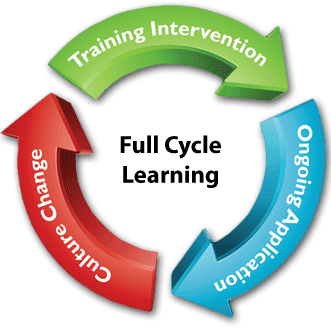


FOLLOW UP TOOLS FOR SUSTAINABLE LEARNING
One of the strongest features of the RDR approach is a commitment to creating sustainable learning. Many training efforts are simply one-time events that only provide temporary motivation but very little traction. We attempt to avoid this by focusing all our courses on measurable behaviors rather than a simple knowledge transfer or just checking a box.
However, in response to clients’ requests over the years we have developed a specific follow-up resource called the Full Cycle Learning Kit. These tools facilitate the integration of specific competencies into ongoing organizational practices and help “move the needle” around genuine culture change.



FOLLOW UP TOOLS FOR SUSTAINABLE LEARNING
One of the strongest features of the RDR approach is a commitment to creating sustainable learning. Many training efforts are simply one-time events that only provide temporary motivation but very little traction. We attempt to avoid this by focusing all our courses on measurable behaviors rather than a simple knowledge transfer or just checking a box.
However, in response to clients’ requests over the years we have developed a specific follow-up resource called the Full Cycle Learning Kit. These tools facilitate the integration of specific competencies into ongoing organizational practices and help “move the needle” around genuine culture change.

